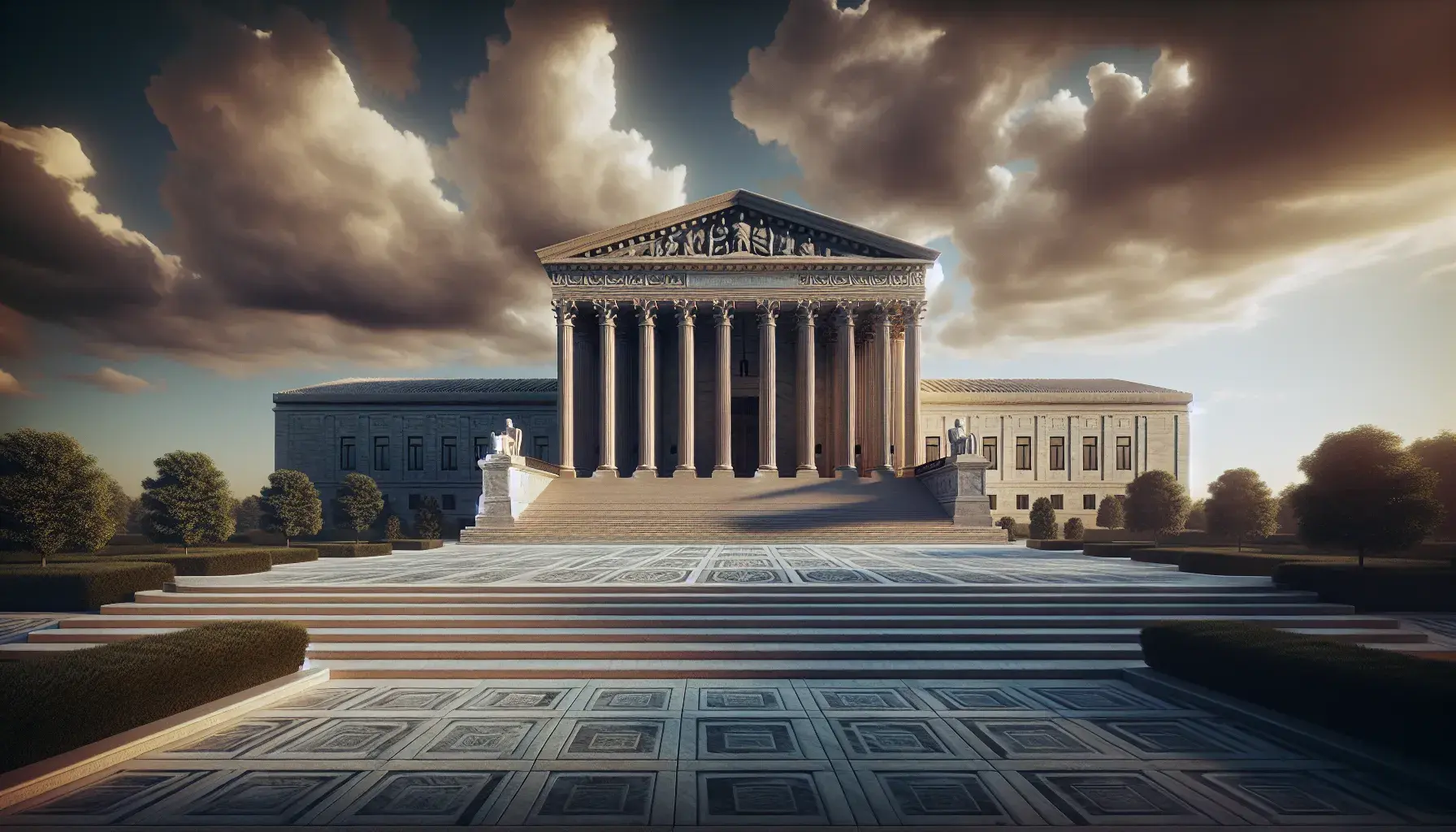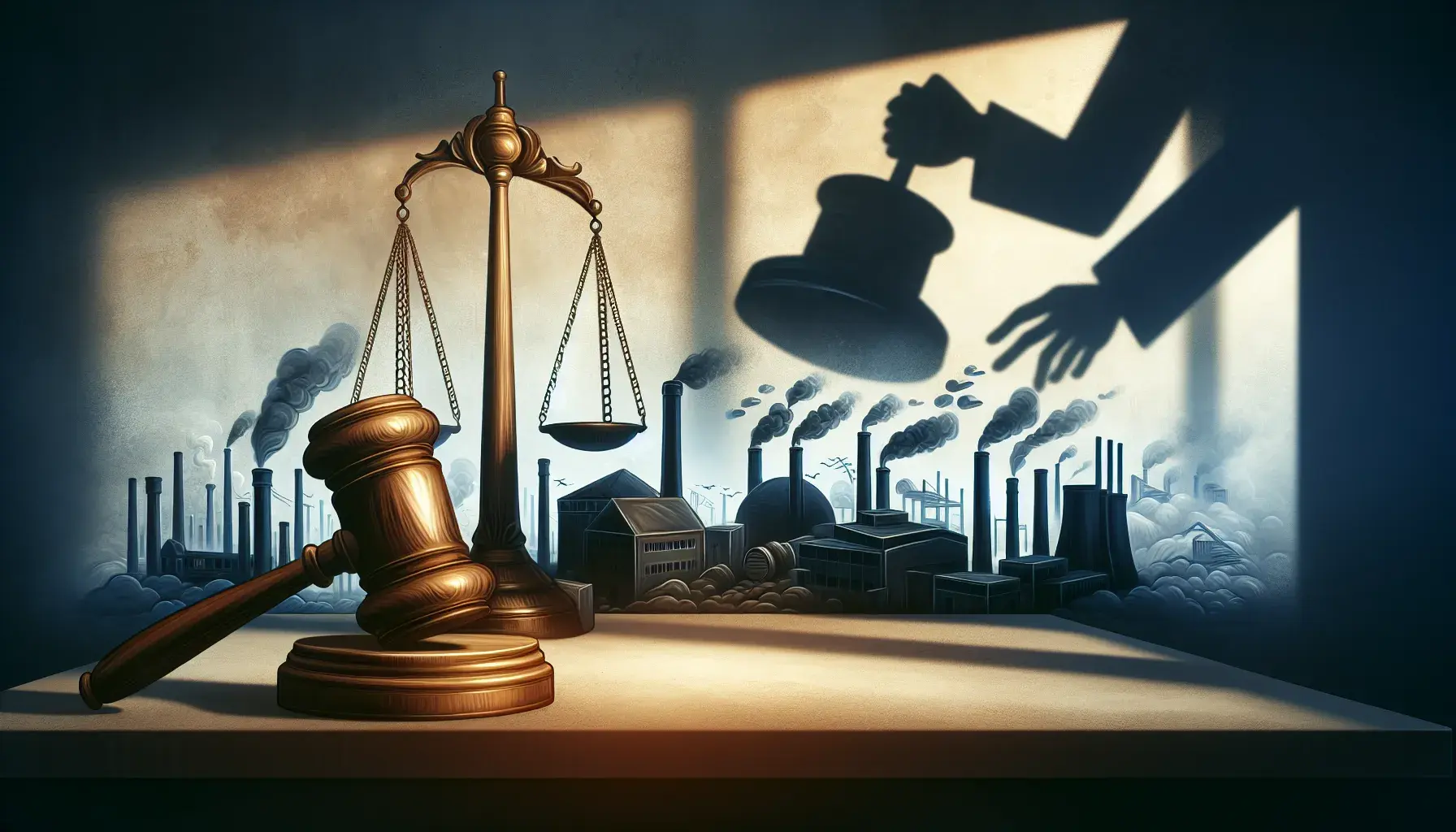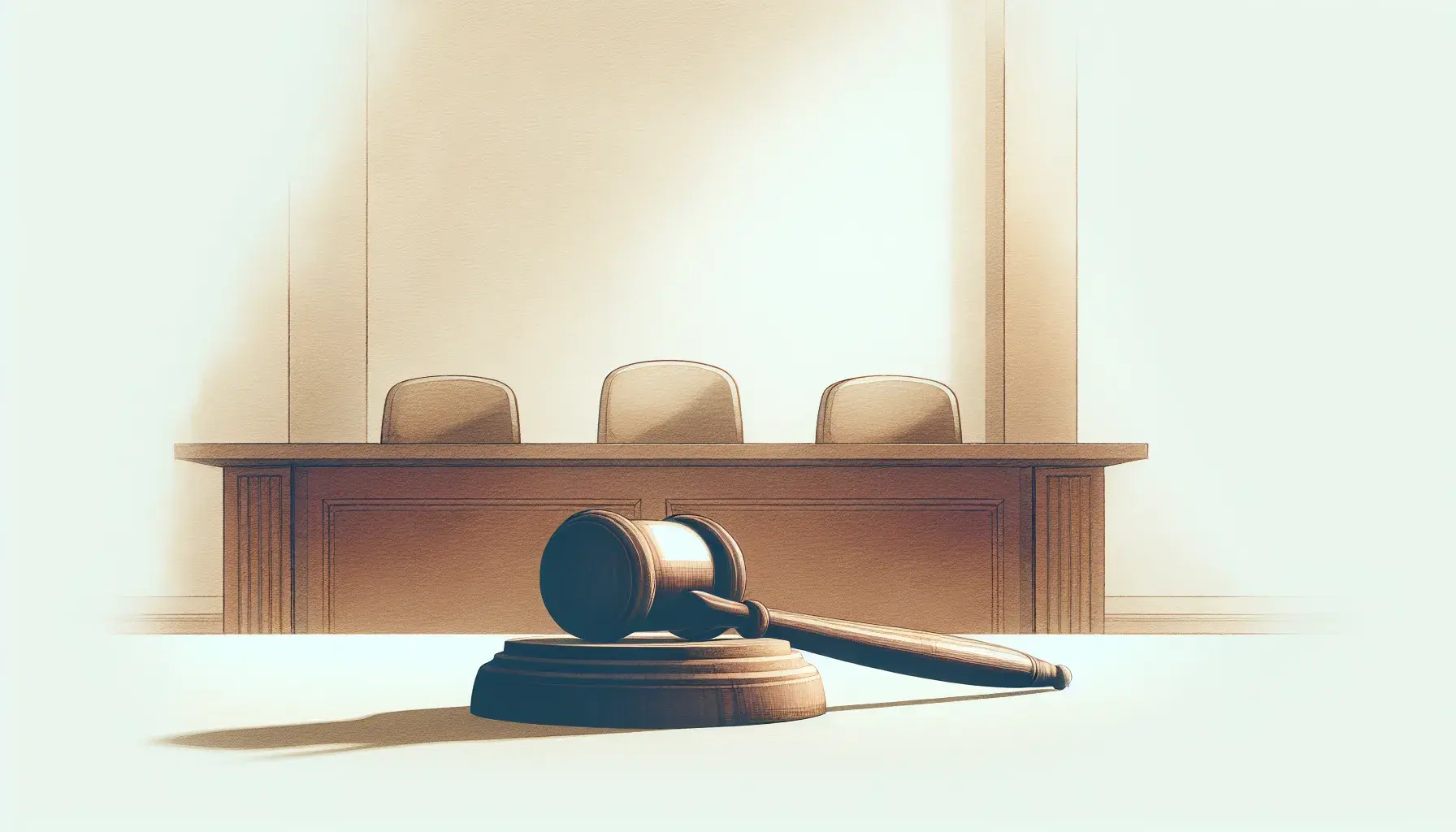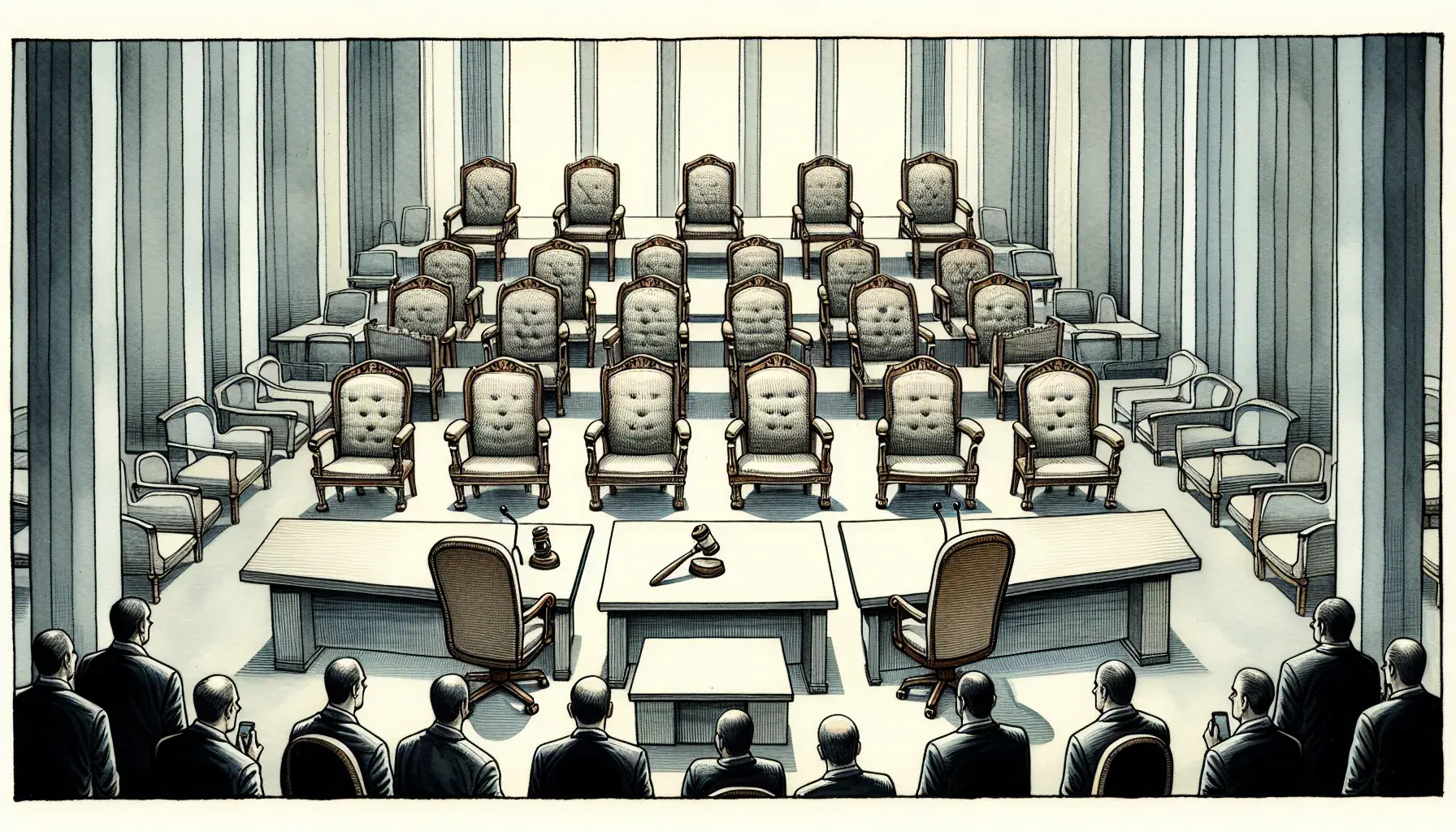Share
Previous story
← Amazon Jumps 5% on OpenAI’s $38B AWS Cloud Deal
As the Supreme Court weighed the legality of Donald Trump’s emergency tariffs on November 5, 2025, America’s largest companies largely stayed on the sidelines—leaving small firms and trade groups to front the challenge.

The justices heard arguments over whether the International Emergency Economic Powers Act (IEEPA) allows a president to impose sweeping import duties—central to Trump’s trade strategy, including the so‑called “Liberation Day” tariffs announced April 2. Trump ultimately chose not to attend the hearing, saying he didn’t want to be a distraction. He skipped the session after signaling interest in going, elevating the focus on a case that could reshape the balance of trade authority between the White House and Congress. WaPo reporting indicates businesses have already paid roughly $90 billion under the emergency tariffs as of late September.
Notably absent: corporate America’s household names. The Washington Post reported that no major companies filed briefs backing the challengers. Instead, they have favored quiet lobbying and case‑by‑case exemptions. By contrast, a wave of amici opposed to the tariffs includes 31 former federal judges, conservative and libertarian scholars, and the U.S. Chamber of Commerce. The Chamber filed in support of the challengers, underscoring how the dispute cuts across traditional partisan lines even as many big brands keep their names off the docket.
Large importers have plenty at stake but also leverage: diversified supply chains, the capacity to absorb short‑term costs, and access to policymakers. Bloomberg reporting notes that while the Chamber opposes the levies, marquee importers have kept their names off the litigation. Companies have also pursued narrow relief rather than a frontal legal assault—an approach that reduces public exposure while preserving negotiating room with the administration.
A ruling curbing IEEPA tariff powers could force refunds and limit a future president’s ability to use emergency law for broad economic measures. A ruling for the administration would entrench a powerful tool for unilateral tariff action. Either way, the decision will signal how far the Court is willing to let any president go when invoking emergencies to reorder the global trading system.
These Related Stories



No Comments Yet
Let us know what you think